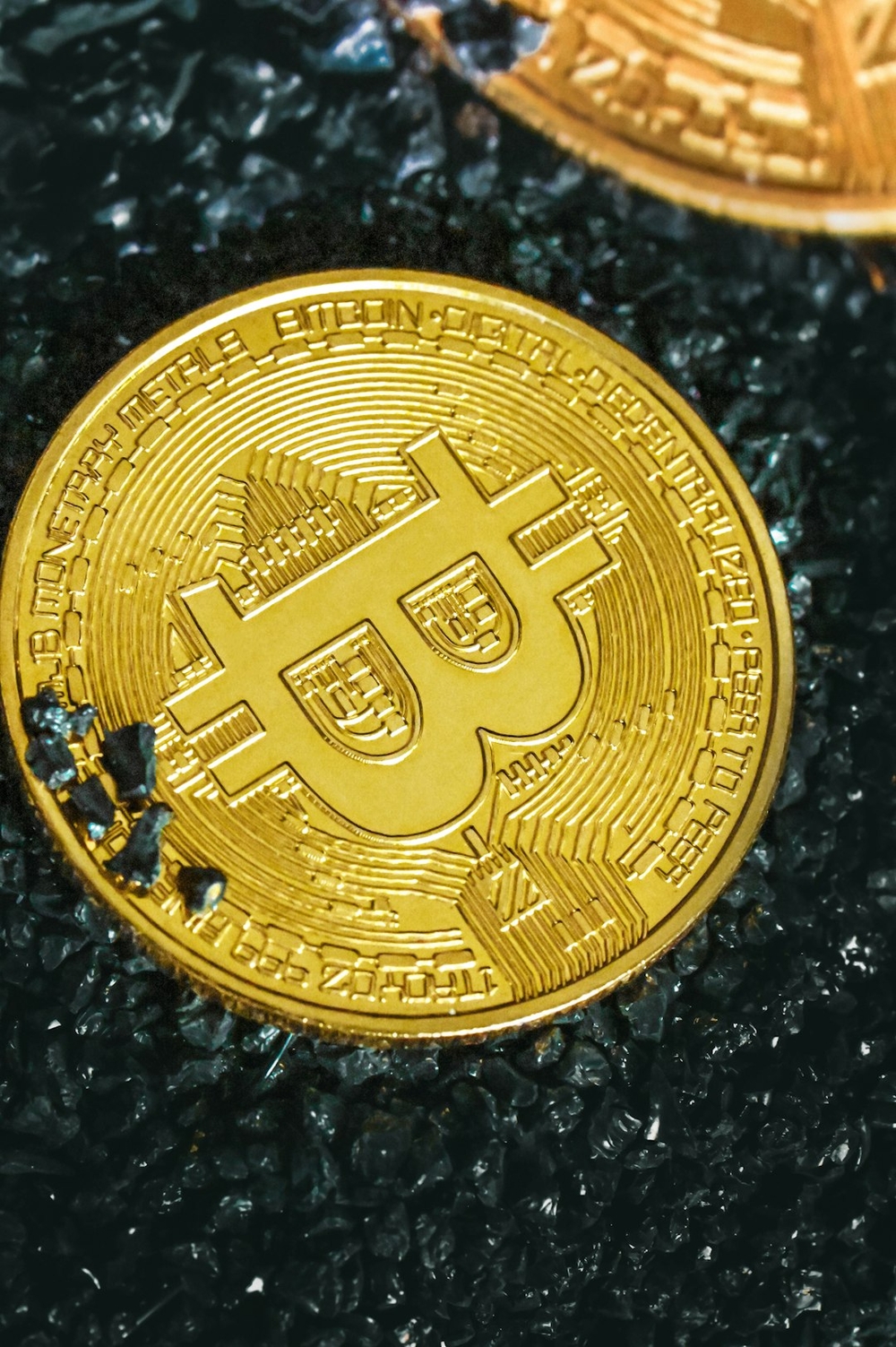Published
- 3 min read
What Is token in cryptocurrency

Understanding the Concept of Tokens in Cryptocurrency
In the ever-evolving world of cryptocurrencies, tokens play a significant role. If you’ve been trying to navigate this digital currency landscape, you’ve likely come across the term ‘token.’ But, what exactly is a token in cryptocurrency, and why should you care?
The Basics: What is a Token?
In the simplest terms, a token is a type of cryptocurrency. However, unlike coins, which are native to their respective blockchains, tokens are built on top of another blockchain. Tokens often represent assets or utilities and are often used to fundraise for crowd sales, but they can also fulfill other functions.
For example, Ethereum, one of the most popular blockchains, is home to many tokens due to its smart contract feature. Smart contracts are self-executing contracts with the terms of the agreement directly written into code. They exist across a distributed, decentralized blockchain network, making them transparent, traceable, and irreversible.
Here’s an example of a simple smart contract on Ethereum:
pragma solidity ^0.4.24;
contract SimpleToken {
mapping(address => uint256) public balanceOf;
function SimpleToken(uint256 initialSupply) public {
balanceOf[msg.sender] = initialSupply;
}
function transfer(address _to, uint256 _value) public {
require(balanceOf[msg.sender] >= _value);
require(balanceOf[_to] + _value >= balanceOf[_to]);
balanceOf[msg.sender] -= _value;
balanceOf[_to] += _value;
}
}In this code, the SimpleToken contract has an initialSupply that is assigned to the msg.sender. The transfer function enables the msg.sender to send tokens to another address.
Note: Please remember that this is just a very basic example. In reality, token contracts can be far more complex, involving a myriad of functionalities.
Types of Cryptocurrency Tokens
There are primarily three types of cryptocurrency tokens: utility tokens, security tokens, and equity tokens.
-
Utility Tokens: These are services or units of services that can be purchased. They are not created to be investments. A good example is Filecoin, which raised $257 million through their ICO by selling tokens that provide access to its decentralized cloud storage platform.
-
Security Tokens: These are digital assets subject to federal securities regulations. They often derive their value from an external, tradable asset. Because the tokens are deemed security, they are subject to federal securities and regulations. If adequately complied with, they offer a plethora of applications in the reduction of friction during the creation of tokens.
-
Equity Tokens: These represent the ownership of an asset, such as debt or company stock. By owning equity tokens, investors can have a direct stake in the company or asset.
Why are Tokens Important?
Tokens are crucial for a couple of reasons. Firstly, they can represent assets or utilities that can be applied in numerous ways. You can tokenize virtually anything, including real estate properties, a musician’s future earnings, or even someone’s time.
Secondly, tokens are a pivotal part of the Decentralized Finance (DeFi) movement. DeFi is a novel financial system that’s built on public blockchains. Tokens enable us to formalize digital relationships and make them self-executing with smart contracts.
In conclusion, tokens are an integral part of the cryptocurrency ecosystem and the broader digital economy. They provide the foundation for a new era of digital ownership and a global, decentralized financial system. As the crypto industry evolves, we can expect the functions and capabilities of tokens to expand and become even more integral to the digital economy.
For more information on tokens, including the latest news and deeper dives into various topics, check out the official Ethereum website and the Filecoin website. These resources are packed with helpful guides and tutorials that can further expand your understanding of tokens and their importance in the crypto world.